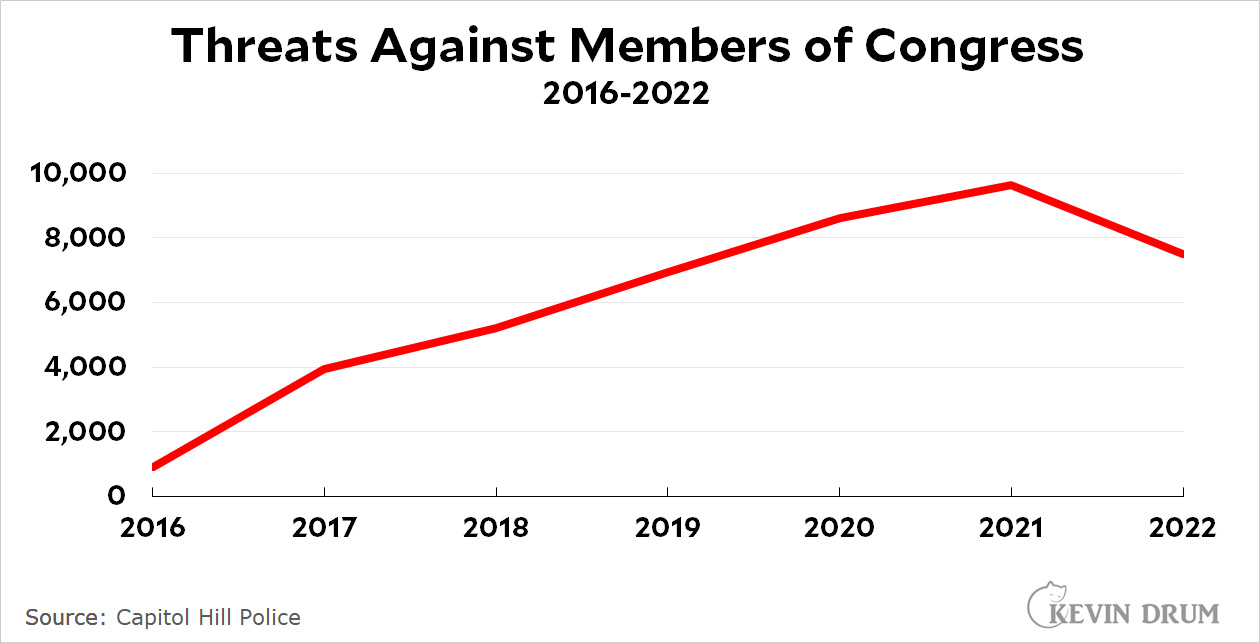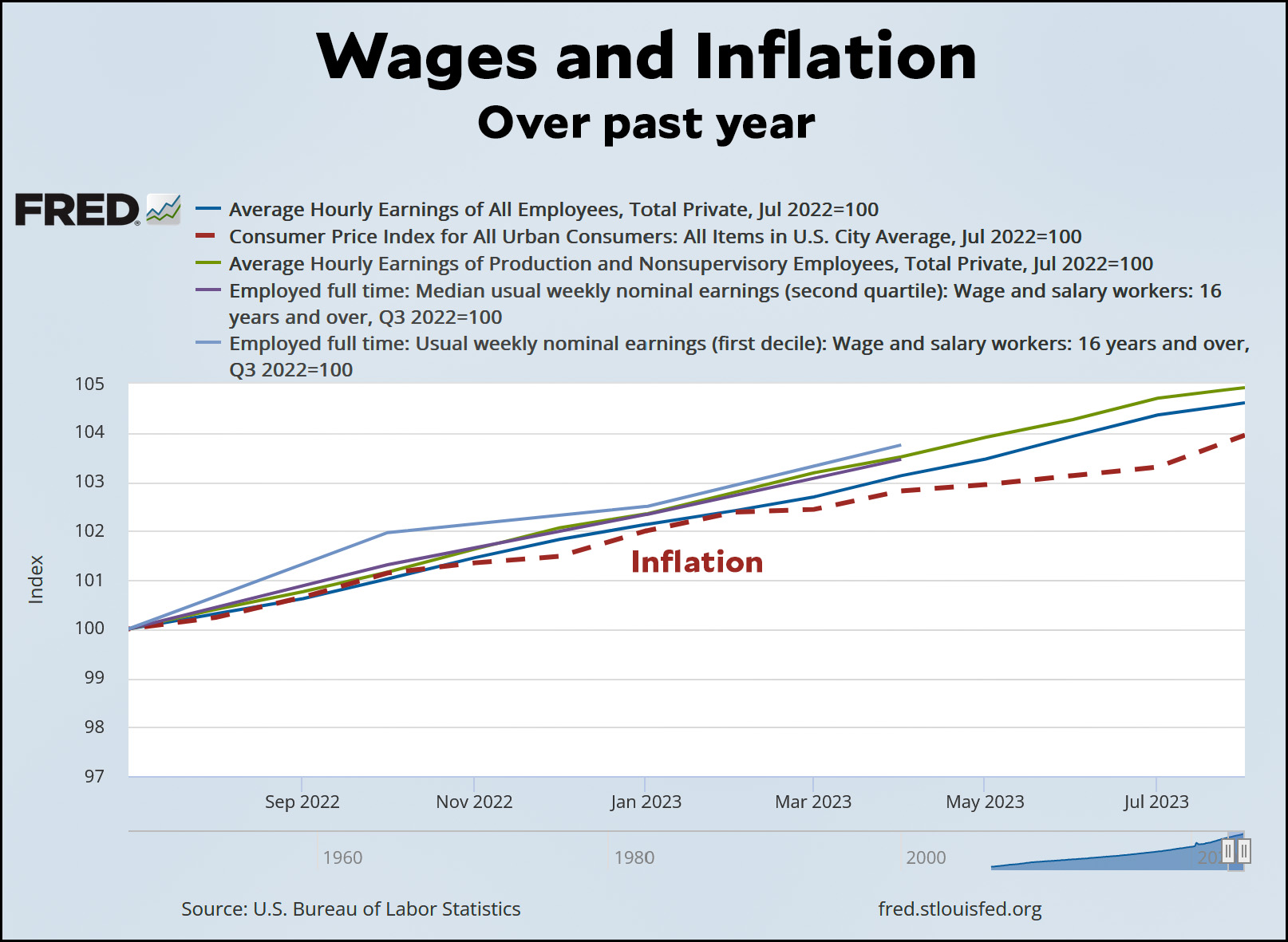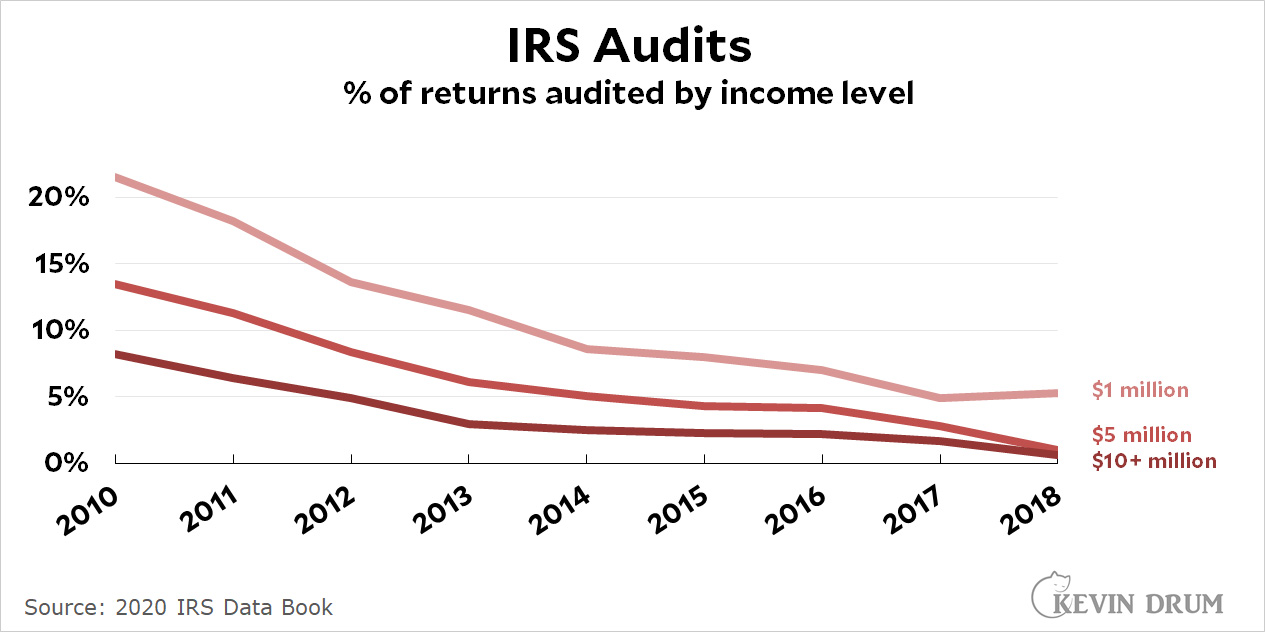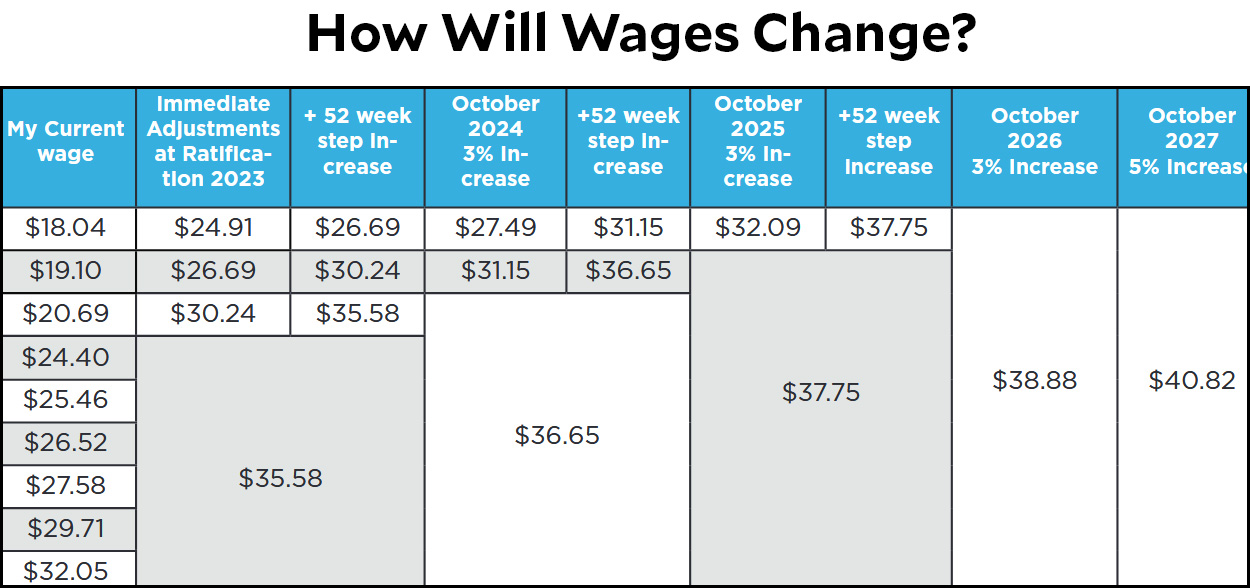The start of Saturday's Cal-USC football game was delayed by a sit-down protest from a dozen or so Cal students. The announcers didn't know what the protest was about, and I just assumed it had something to do with Israel and never bothered to check it out.
But no! It turns out the students were protesting the suspension of Ivonne del Valle, a Spanish and Portuguese professor who's both a first-generation Mexican and an expert on colonial studies.
 del Valle was suspended for harassing Joshua Clover, a professor at a different university, and then for continuing to harass him even after agreeing to have no further contact with him. And just so there's no confusion, she's admitted to almost everything:
del Valle was suspended for harassing Joshua Clover, a professor at a different university, and then for continuing to harass him even after agreeing to have no further contact with him. And just so there's no confusion, she's admitted to almost everything:
In an interview with KQED, del Valle acknowledged some of the behavior described in the investigative reports, including keying Clover’s car, vandalizing the area outside his apartment door, contacting his friends, posting an image of his partner online and leaving messages outside the home of his mother. Those messages included one that said “I raised a psychopath,” according to the university’s investigative reports. She has also acknowledged in the report calling Clover’s office phone line at least ten times within 90 minutes.
....“I did write outside his door, ‘Here lives a pervert.’ I did that. And again, I’m not proud,” del Valle said. “If I had the opportunity to do things differently, I would do them differently.”....“I do understand it’s hard to side with me in that moment, and I was punished for that without salary and benefits,” del Valle said.
The obvious question here is: Why was del Valle harassing Clover? She says Clover hacked her phone, but a university investigation found no evidence of that. She provided hundreds of pages of documentation to back her case, but:
The documents include several dozen instances of why she believes she was hacked. For example, she cites writing a message to a relative in April 2019 mentioning trucks, and then a Twitter account she claimed belonged to Clover tweeted about “similar trucks” that same day.
This is not particularly convincing. Nor is there any indication of how Clover could have hacked her phone in the first place—or why. In any case, Cal has offered to settle the case by extending del Valle's supension to 18 months, but she won't take it. Many of her students are behind her:
Alejandra Decker, a Ph.D. candidate studying Mexican literature and culture and organizer with the campaign to reinstate del Valle, said the outcrying of support shows how missed del Valle is at UC Berkeley.
....“Those reports — anyone who reads them, I think we can all admit that they are difficult to read because they paint Professor Ivonne in a way that personally I’ve never seen,” Decker said. “It’s a woman’s actions in her biggest moments of survival.”
I don't think I'm exaggerating to say that Decker apparently doesn't care about del Valle's campaign of harassment because she herself wasn't a target. And anyway, del Valle was really upset so we should forgive her.
Unless the university investigations were wildly off the mark—which seems unlikely given del Valle's admissions—this is fucking nuts. del Valle is lucky to still have a job, let alone a mere 18-month suspension. But her students don't care. She's a minority woman in trouble, and that's enough.
I continue to think that excesses of wokeness on university campuses are not a huge deal. When it goes too far I'm happy to be on the side of common sense, but on a scale of one to ten, where ten is "the collapse of Western civilization," I'd probably give this stuff about a three.
Still, there's no denying that the individual cases sure can be creepy and unsettling.
 Threat levels are still historically high but are down 22% from their peak in 2021. Is this good news? Maybe the lunatic fringe is finally calming down slightly?
Threat levels are still historically high but are down 22% from their peak in 2021. Is this good news? Maybe the lunatic fringe is finally calming down slightly?








